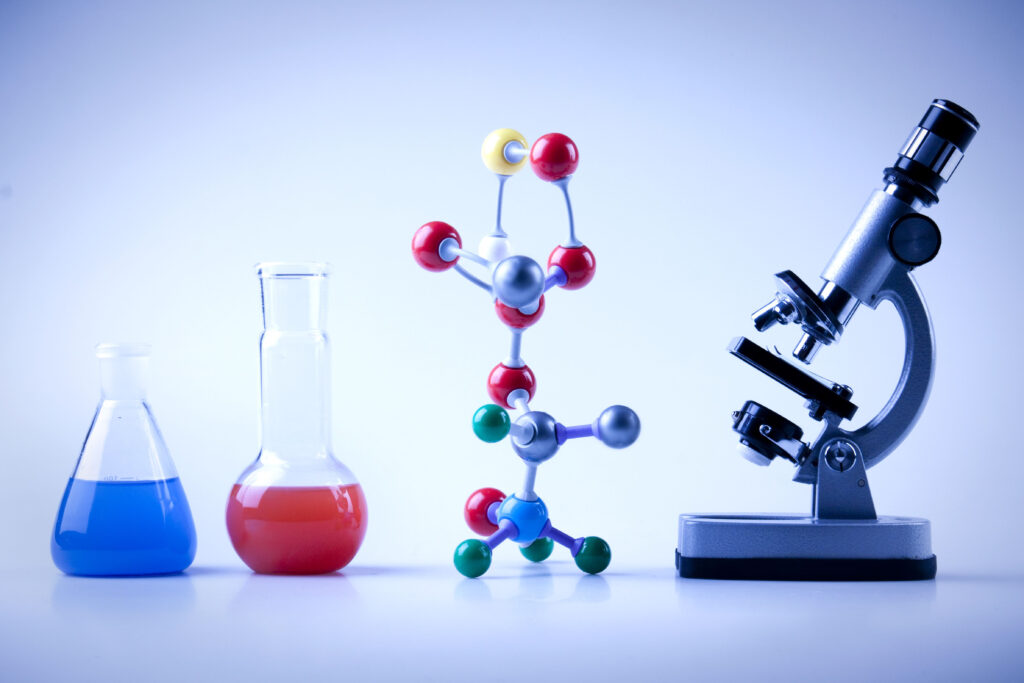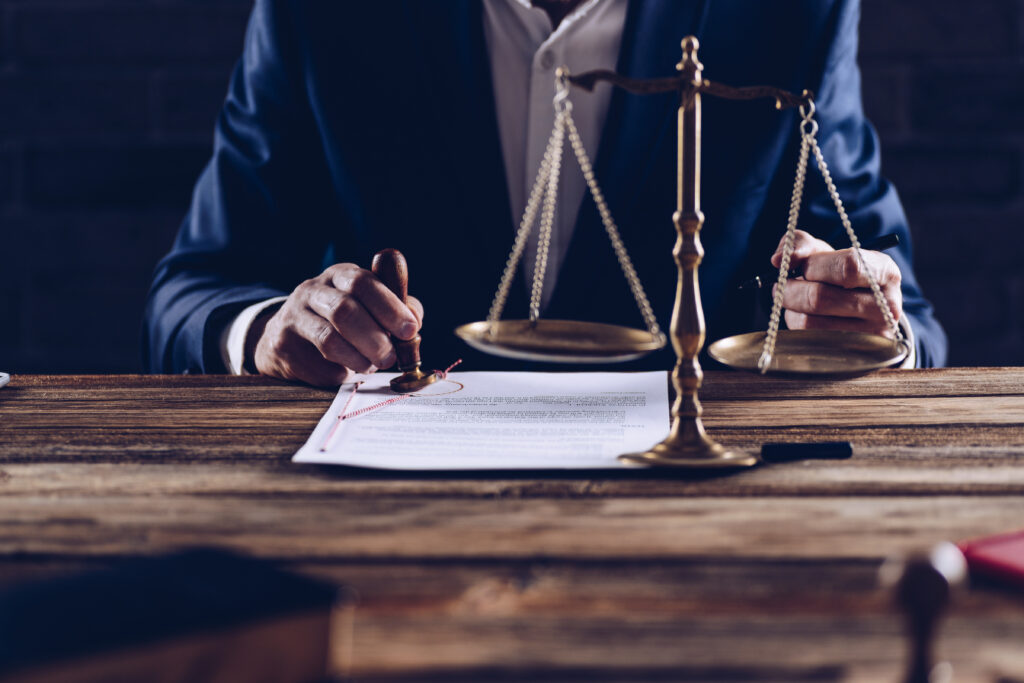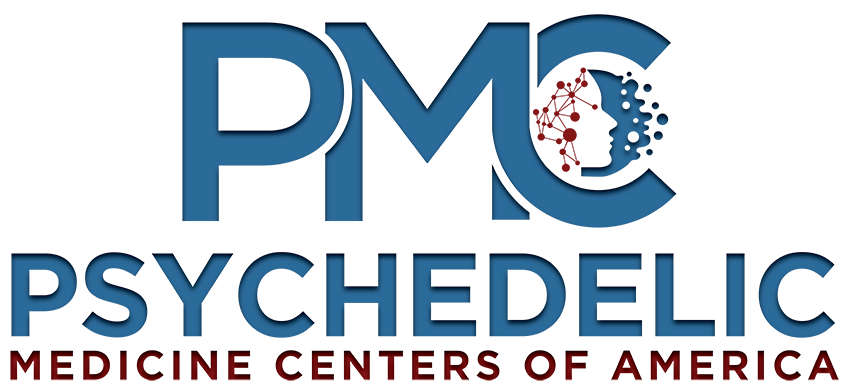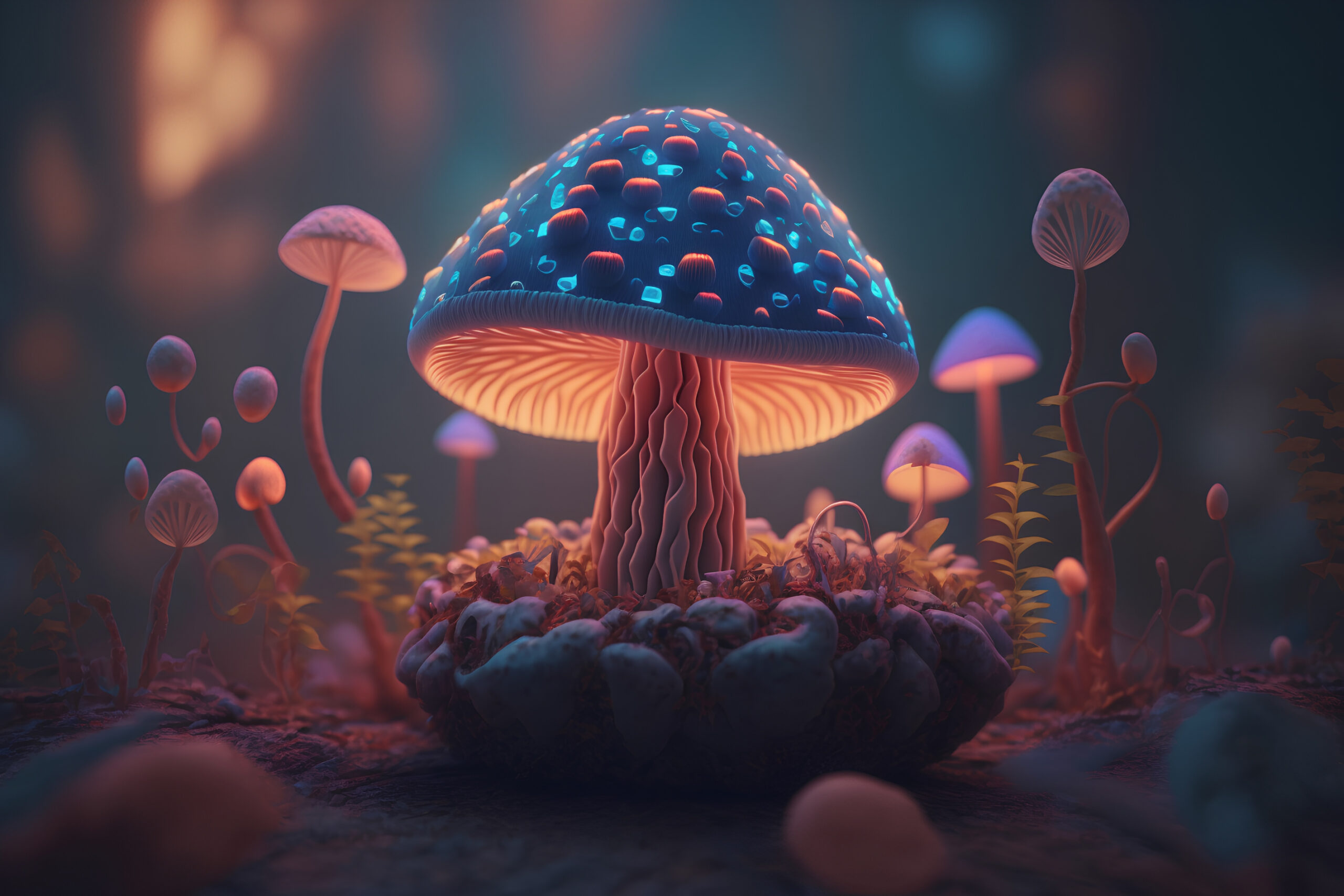Table of Contents
ToggleKetamine Vs Psilocybin: What’s the Difference?
You’ve likely heard about ketamine and psilocybin being used for therapeutic purposes, but do you actually know how they differ?
As mental health awareness grows, so does interest in these transformative substances. Both show promise in treating anxiety and depression, but they work in unique ways.
Let’s dive in and explore the world of ketamine and psilocybin, comparing their effects, potential benefits, and risks.
Whether you’re eyeing alternative treatments or just curious, you’re in the right place to learn more.
Historical Background and Traditional Uses
Before we compare ketamine and psilocybin, let’s take a moment to understand their roots.
You might be surprised to learn that both substances have a rich history that spans different cultures and medical practices. By appreciating this historical context, you’ll gain a deeper understanding of their traditional uses and modern applications.
Ketamine
Since the mid-1960s, you’ve seen ketamine primarily used as an anesthetic in medical settings, but it’s also gained a reputation for its recreational use. Developed as an alternative to phencyclidine (PCP), ketamine quickly became an essential tool in surgeries due to its potent anesthetic and analgesic effects.
Its use didn’t stop there, though. By the 1970s, ketamine had found its way to the party scene, where it’s often misused for its hallucinogenic and dissociative properties. This recreational use has led to a stigma that sometimes overshadows ketamine’s potential therapeutic benefits.
Despite this, research continues to discover new ways ketamine can be used in the treatment of mental health conditions like depression and anxiety.
Psilocybin
Turning to psilocybin, you’ll find it has a deep-rooted history, dating back to ancient times, and it’s been traditionally used in religious and spiritual rituals, but it also faced legal challenges due to its countercultural use in the 1960s.
Indigenous cultures, especially in Central and South America, have long revered psilocybin-containing mushrooms for their mind-altering properties, using them in rites of passage and healing ceremonies.
In the 1960s, psilocybin mushroom use spread worldwide, often associated with the counterculture movement and spiritual exploration. However, this led to the substance being classified as a Schedule I drug in the U.S., banning its use and research.
Despite this, interest in psilocybin’s therapeutic potential is resurging, with modern research exploring its potential in mental health treatment.
Chemical Structure and Pharmacology

Let’s move on to the chemical structure and pharmacology of ketamine and psilocybin.
You may be curious how these substances interact with your body and brain to produce their effects.
In the next section, we’ll compare these two, highlighting their similarities and differences.
Ketamine
You’re about to delve into the world of ketamine’s chemical structure and its pharmacology, understanding how this powerful compound interacts with your body.
As a rapid-acting antidepressant, ketamine interacts with your nervous system, particularly benefiting those with chronic pain or depression. It works differently from other anesthetics – stimulating the circulatory system rather than suppressing it. This makes it ideal for short-term procedures and emergency medicine.
Intravenous ketamine can improve your mood within hours, and it’s also effective in managing acute and procedural pain. However, the effects are short-lived, often diminishing after a week.
Long-term use is still being investigated, but ketamine has proven to be a crucial tool in modern medicine.
Psilocybin
Now, we’ll dive into the complex world of psilocybin, its chemical makeup, and how it interacts with your body.
Psilocybin, a naturally occurring psychedelic compound found in certain types of mushrooms, is quickly metabolized in your body to psilocin, which has mind-altering effects.
Here’s a quick rundown of what you can expect:
- Psilocybin primarily interacts with your serotonin receptors in the brain.
- The effects, varying from hallucinations to introspection, typically last two to six hours.
- You might experience a distorted perception of time.
- High doses can lead to long-term personality changes, like increased openness.
- Physical effects can include changes in heart rate and blood pressure, pupil dilation, and nausea.
Therapeutic Uses and Benefits
Now, let’s explore the therapeutic uses and benefits of both ketamine and psilocybin.
You might be surprised to learn how these substances are becoming game-changers in the field of mental health treatment.
We’ll cover how they’re used, the conditions they can help manage, and the unique benefits each one offers.
Ketamine
Often, you’ll find ketamine being used therapeutically to treat a range of mental health conditions, including depression and anxiety. This is due to its unique ability to rapidly alleviate symptoms, which has made it a valuable tool in mental health treatment.
Here are some therapeutic uses and benefits of ketamine you might find interesting:
- Rapid reduction in depressive symptoms, often within hours.
- Effective treatment for those with treatment-resistant depression.
- Provides temporary relief for severe anxiety and panic disorders.
- Useful in managing chronic pain conditions.
- Shows promise in treating PTSD symptoms.
It’s clear that ketamine’s therapeutic potential extends far beyond its original use as an anesthetic. This drug is truly revolutionizing mental health treatment.
Psilocybin
Just as you’ve seen with ketamine, psilocybin also has notable therapeutic uses and benefits that are worth exploring.
Psilocybin, the psychoactive compound found in magic mushrooms, has been showing promise in the treatment of various mental health disorders. Clinical trials have demonstrated its effectiveness in treating depression, particularly types that are resistant to traditional therapies. It’s also being studied for its potential in managing anxiety and substance abuse disorders.
Moreover, psilocybin therapy has been linked with increased spiritual awareness and personal growth, which can contribute to improved mental well-being. While it’s not a magic bullet, and more research is needed, the current evidence suggests that psilocybin holds significant potential as a therapeutic tool.
Always remember to discuss these options with a healthcare professional before trying them.
Side Effects and Risks
As we move forward, it’s key to understand the potential downsides too.
Both ketamine and psilocybin come with their own set of side effects and risks.
Let’s take a closer look at what you might need to consider.
Ketamine
While you might consider ketamine for its therapeutic potential, it’s crucial to also understand the possible side effects and risks associated with its use. Adverse effects may vary from mild to severe and could, in rare cases, be life-threatening.
Here’s a quick list of some potential side effects: * Nausea or vomiting * Increase in blood pressure and heart rate * Disorientation or confusion * Hallucinations or other serious changes in perception * Severe anxiety or panic
It’s essential to remember that misuse of ketamine can lead to dependence and other serious health problems. Always consult with a healthcare professional before starting any new treatment regimen, and ensure you’re fully informed about the potential risks and benefits.
Psilocybin
You’re likely to experience a range of side effects if you decide to use psilocybin, and understanding these risks is a critical part of making an informed decision about your treatment options.
Some immediate side effects can include hallucinations, euphoria, paranoia, and panic. Physically, you might feel nausea, dizziness, and increased heart rate.
There’s also the risk of having a ‘bad trip’, which is a distressing psychedelic experience that can lead to dangerous behavior.
Long-term, you might deal with flashbacks or a condition called hallucinogen persisting perception disorder.
Remember, these effects can be unpredictable and vary greatly based on the dose, your mindset, and your environment.
It’s important to use it under supervision of a healthcare provider.
Legal Status and Access

You might be wondering about the legal status and access to both ketamine and psilocybin. It’s essential to understand that, globally, these substances are regulated differently and this greatly impacts their availability.
In the next section, we’ll be comparing their legal statuses and discussing what this means for you.
Ketamine
In your exploration of ketamine, it’s crucial to understand its legal status and the accessibility of this particular substance in various regions. Globally, ketamine’s legal status can be quite complex, varying significantly from one country to another.
Here’s a brief overview:
- In the US, ketamine is a Schedule III controlled substance, meaning it has a recognized medical use but also a potential for abuse.
- In the UK, it’s a Class B drug, illegal to possess or distribute without a license.
- Australia categorizes it as a Schedule 8 controlled substance, prescribing is strictly controlled.
- Canada lists it as a Schedule I drug, indicating a high potential for abuse.
- In many Asian and African countries, you’ll find it’s generally more regulated.
Psilocybin
Interestingly, psilocybin’s legal status and access aren’t as straightforward as one might assume. This psychedelic compound, derived from certain mushroom species, remains classified as a Schedule I drug under the U.S. Controlled Substances Act. This means it’s currently illegal for most uses. However, there’s growing recognition of its potential therapeutic benefits, leading to changes in some jurisdictions.
For instance, cities like Denver, Oakland and Santa Cruz have decriminalized psilocybin, while Oregon passed a measure allowing its regulated medical use.
As for access, clinical trials are one legal way to receive psilocybin therapy. Moreover, certain retreats in countries where it’s legal, like Jamaica or the Netherlands, offer psilocybin experiences.
Future Prospects in Mental Health
Let’s dive into the future prospects in mental health, specifically focusing on ketamine’s and psilocybin’s potential roles. As research continues to evolve, both of these substances are emerging as promising options for treating a variety of mental health conditions.
You may wonder, ‘Why these substances?’ Well, studies are showing that they’ve the potential to revolutionize how we approach mental health treatment. For instance, ketamine’s ability to rapidly reduce depressive symptoms and suicidal thoughts in patients unresponsive to traditional treatments is groundbreaking. Psilocybin, on the other hand, is demonstrating effectiveness in treating depression, anxiety, and addiction.
Consider the following potential benefits:
- Rapid symptom relief: Both ketamine and psilocybin have shown to provide relief from symptoms faster than traditional antidepressants.
- Treatment-resistant depression: These substances provide hope for individuals who’ve found little to no relief from conventional treatments.
- Fewer side effects: Compared to long-term antidepressant use, both substances pose fewer physical side effects when used under medical supervision.
- Promoting brain plasticity: Both substances have been linked to increased neural connections, which could boost mood and overall mental health.
- Personal growth and self-awareness: Some research suggests that psilocybin may promote lasting personal growth and awareness, contributing to long-term mental health benefits.
How to Choose What’s Right for You
You’re probably wondering how to decide between ketamine and psilocybin for your mental health needs and if it’s right for you. It’s important to note that both substances have shown potential in treating mental health disorders such as depression and anxiety. However, the choice between the two largely depends on your individual needs, medical history, and the nature of your symptoms.
Firstly, consider your comfort level with psychedelics. Psilocybin, found in magic mushrooms, can induce a potent psychedelic experience. This might be overwhelming or uncomfortable for some, especially if you’re new to psychedelics. On the other hand, ketamine, although it can also have psychedelic effects, is often administered in a controlled clinical setting, which may offer a sense of safety and supervision.
Secondly, think about your treatment timeline. Ketamine’s effects can be felt quickly, often within hours or days. Psilocybin, however, tends to work more gradually, but its effects can last longer. If you’re seeking immediate relief, ketamine might be the better option.
Lastly, it’s crucial to consult with a healthcare provider. They can help you weigh the benefits and risks of each option, considering factors like potential drug interactions and your overall health status. Remember, what works for one person may not work for another.
Elevate Your Healing Process: Contact Our Specialists Today
In your journey towards healing, there’s no better time than now to reach out to our specialists. We understand the unique challenges you face and are committed to helping you navigate through them. Our team at Psychedelic Medicine Centers is equipped with the knowledge, skills, and experience to provide personalized, effective treatments tailored to your needs.
We offer innovative treatment approaches, including Ketamine treatments and Psychedelic-Assisted Therapy. These treatments are designed to provide fast-acting, short-term relief from conditions like treatment-resistant depression, anxiety, and PTSD.
Here’s why you should consider reaching out:
- Personalized Treatment Plans: We understand that each individual’s journey is unique. We tailor our treatment plans to suit your specific needs and goals.
- Innovative Approaches: We utilize cutting-edge treatments like Ketamine therapy and Psychedelic-Assisted Therapy to provide effective relief.
- Experienced Specialists: Our team consists of highly trained and experienced professionals dedicated to helping you achieve optimum mental health.
- Holistic Care: We believe in treating the whole person, not just the symptoms. Our holistic approach ensures that all aspects of your well-being are addressed.
- Supportive Environment: We provide a safe, supportive environment where you can freely express yourself and work towards your recovery.
Don’t let your struggles define you. Let our specialists guide you on your journey towards healing and improved mental health. Contact us today and elevate your healing process.
Frequently Asked Questions
What Are the Differences in the Experiences Induced by Ketamine and Psilocybin?
You’re asking about the differences in experiences induced by ketamine and psilocybin.
Ketamine, often used in anesthesia, can cause dream-like states and hallucinations.
Psilocybin, found in magic mushrooms, typically enhances emotions and sensory perception, often leading to spiritual experiences.
However, everyone’s response is unique, so it’s important to remember that these substances should only be used under professional supervision due to their powerful effects.
How Do Ketamine and Psilocybin Interact With Other Medications or Substances?
You’re asking about how ketamine and psilocybin interact with other medications or substances.
It’s crucial to understand that both can have significant interactions.
Ketamine, for example, can interact with CNS depressants, while psilocybin can alter the effects of antidepressants.
Always consult your healthcare provider before mixing these substances with other medications, as it can lead to harmful effects.
Are There Any Long-Term Mental or Physical Health Effects Associated With the Use of Ketamine or Psilocybin?
Yes, long-term use of ketamine or psilocybin can lead to health effects.
With ketamine, you might experience memory loss, kidney problems, or ulcerative cystitis.
Psilocybin’s effects aren’t as well-studied, but it’s possible to experience persistent psychosis or hallucinogen persisting perception disorder.
It’s crucial you’re under professional supervision when using these substances for therapeutic purposes.
Can Ketamine and Psilocybin Be Used Together in a Therapy Session?
Yes, you can use ketamine and psilocybin together in a therapy session. But, it’s crucial to do so under professional guidance.
Combining these substances could intensify their effects, and that’s not always beneficial. It’s also important to note that everyone’s reaction to psychoactive substances varies.
How Do the Costs of Ketamine and Psilocybin Treatments Compare?
When comparing costs, it’s important to note that they can vary greatly. Ketamine treatment, often covered by insurance, typically ranges from $400 to $800 per session.
Psilocybin, on the other hand, isn’t usually covered by insurance and can cost upwards of $1000 per session.
Always check with your provider and insurance to get an accurate cost assessment specific to your situation.
Conclusion
As you navigate the world of transformative medicine, remember that both ketamine and psilocybin offer unique benefits and risks. They’re promising tools for mental health, yet vary in legality and access.
The choice between them depends on your personal needs and circumstances.
Want to explore further? Reach out to our specialists today to elevate your healing process and discover what’s right for you in this fascinating field of psychedelic medicine.


